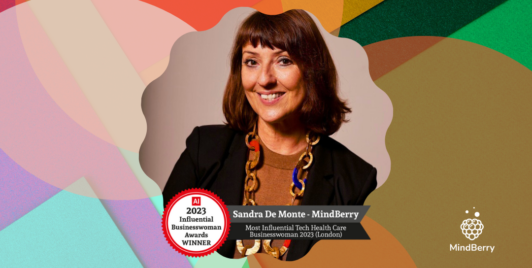Securing a therapist who genuinely understands and can effectively address your unique mental health needs is crucial for your therapeutic journey. There are many options available to you, but it’s important to consider factors such as qualifications, specialisations, and compatibility to ensure you’re making the best choice for your mental health. Taking the time to understand the difference between a therapist and a psychologist can further refine your search and lead you to the most appropriate care for your specific needs. In the article below, we will discuss the steps you need to take to find the right mental health professional for your individual circumstances, in addition to discussing the role of accreditations and qualifications in ensuring quality of care, and why the connection you build with your therapist is important.
The steps you need to take
There is no singular approach to finding a compatible mental health professional. There are several steps involved, all of which amount to a holistic approach that takes into account not just your symptoms but also your personality, lifestyle, and even your preferred communication style.

- Self-assessment: know what issues you’re facing and what you want to achieve through therapy. Understanding the specific challenges you want to address helps streamline your search and sets a foundation for your therapeutic goals. A clear self-assessment also makes your initial consultations more productive.
- Research options: from CBT (Cognitive Behavioural Therapy) therapists to clinical psychologists, know your options. Familiarising yourself with different types of therapies and mental health professionals allows you to make an informed decision, rather than entering therapy blindly. This is key to ensuring the treatment aligns with your needs.
- Consult trusted sources: recommendations from medical professionals or trusted individuals can be valuable. Such referrals often come from a place of experience or professional knowledge, which adds a layer of reliability that random internet searches may not provide. Personal endorsements can sometimes prove to be the most effective filter.
- Find a therapist online: utilise online directories and platforms to extend your search. This step is important because it expands your reach and possibilities. Virtual searches offer the added benefit of user reviews and a broad geographical range, offering more diversity in your choices.
- Initial consultation: most therapists offer an initial session. Use this time to assess compatibility. This preliminary meeting not only gives you a feel for the therapist’s approach but also provides an opportunity to clarify any doubts or concerns you might have. It’s essentially a litmus test for the potential success of your therapeutic relationship.
Overall, it’s a composite of these aspects that forms a robust approach to finding the right professional for you.
You need to build a connection with your therapist over time
We mentioned it above, but we thought it was a crucial point to reiterate. Choosing a therapist who aligns with your needs is a process that shouldn’t be hurried. Rushing the process will only compromise the quality of care you receive. Therapy is a two-way street, and building a rapport may take a few sessions. Yet, if you feel an evident mismatch, it’s alright to consider changing therapists. Bear in mind, immediate transformation is rare; lasting change is incremental.
The role of accreditations and qualifications
What is the difference between a therapist and a psychologist? Why is it important to go to a qualified mental health professional? These are two very important questions, both of which are important to ask yourself in your journey to becoming a healthier and more resilient individual. In the UK, look for accreditations such as BACP (British Association for Counselling and Psychotherapy) or HCPC (Health and Care Professions Council). These aren’t just credentials; they’re endorsements of competency and ethical practice. Recognised accreditations not only assure you that you’re in capable hands, but they also mean that the professional has undergone rigorous training and regular assessments. This level of scrutiny ensures they’re up-to-date with the latest methodologies and ethical guidelines in the field.
Find your therapist online
Don’t worry if you can’t find a qualified therapist that aligns with your specific needs immediately. More stress is the last thing you need. Take a deep breath (do it right now) and give yourself permission to take the time necessary for this important decision. In a digital age, platforms like MindBerry offer a wealth of choices right at your fingertips. Online therapy has gained significant traction as a convenient and often less intimidating alternative to in-person sessions. It’s a resource worth exploring when weighing your options.
Finding a compatible therapist is a journey with multiple facets, each crucial to the overall picture of your mental health and wellbeing. Whether you’re browsing online directories or consulting certified experts, remember that this is an investment in your future – one that warrants diligence and thoughtful consideration.


